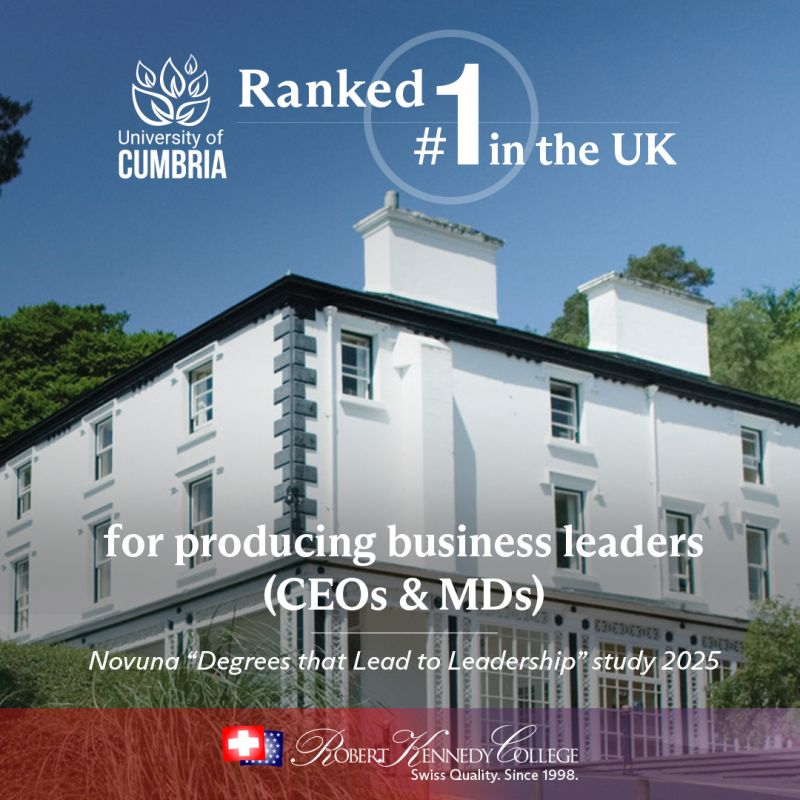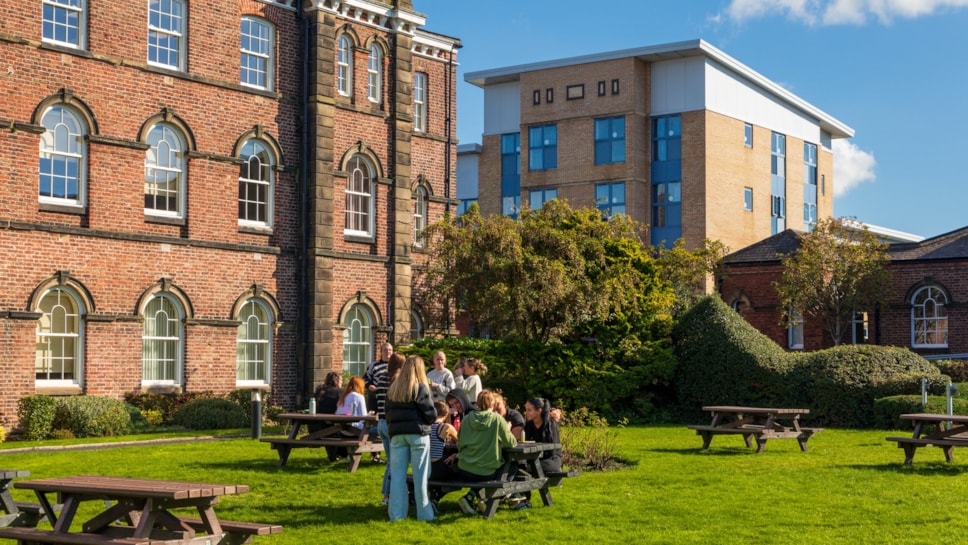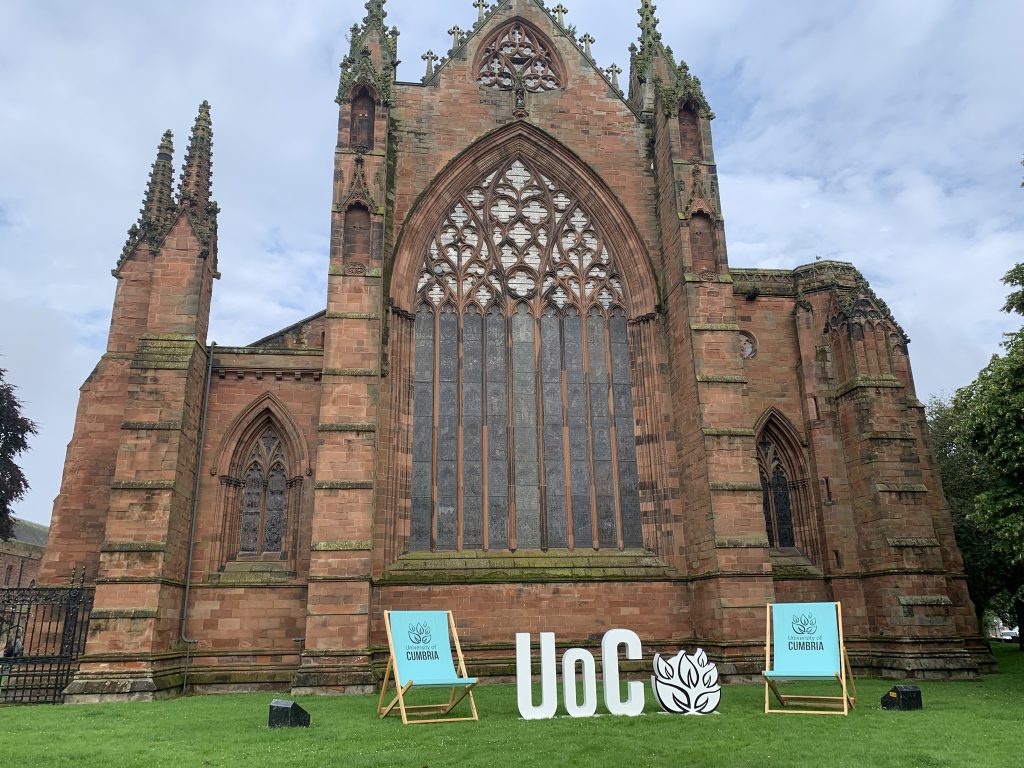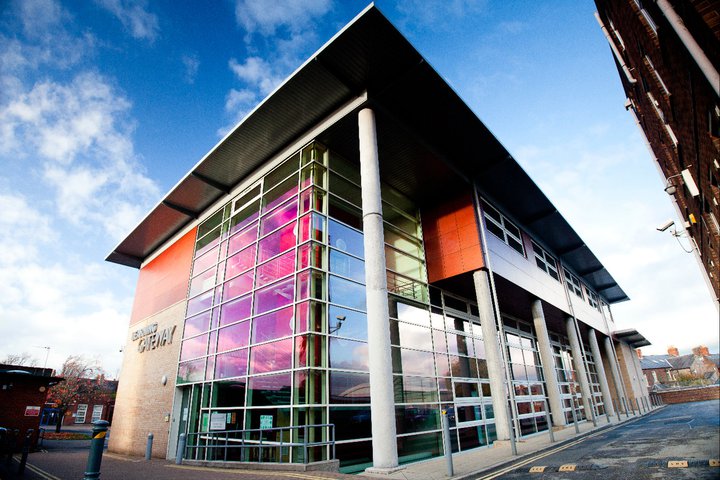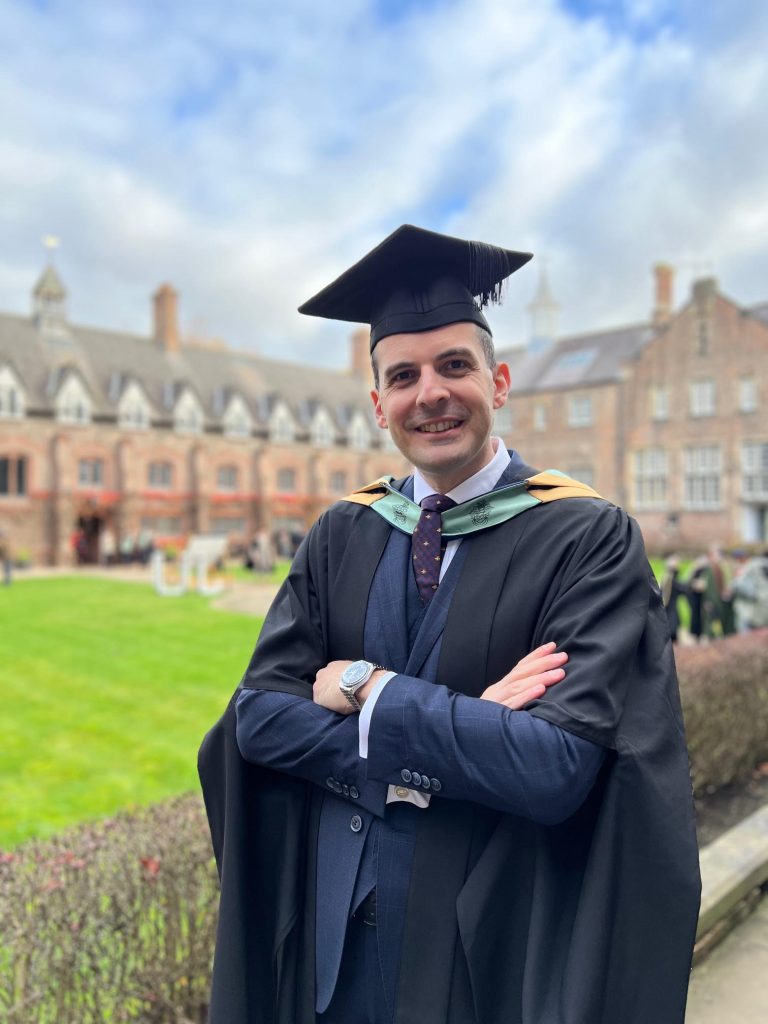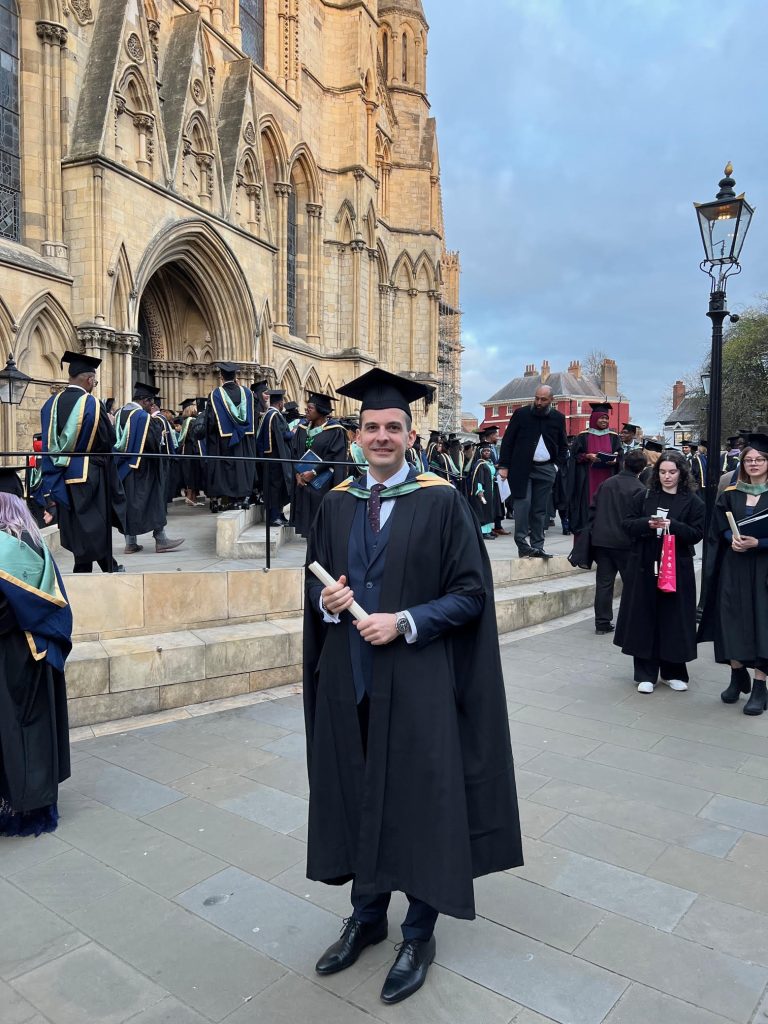In the early hours of a day in Lagos, a student awakens to the soft glow of a laptop screen. Across continents and time zones, learners are engaging with a digital platform that transcends borders, time, and economic challenges. This modern classroom is rewriting the narrative of higher education, paving the way for a truly global experience.

A New Era of Global Learning
For decades, traditional education required physical attendance in lecture halls, limiting learning to specific locations and schedules. However, with the rise of online learning platforms, the dream of world-class education has become accessible to anyone with an internet connection. Institutions like Robert Kennedy College (RKC) have pioneered this digital shift, offering programmes that combine academic rigour with the flexibility modern professionals require. In this new era, quality education is no longer defined by physical location but by passion and dedication.
Breaking Down Geographic Barriers
In many parts of the world, potential and talent remain untapped due to geographic isolation. Traditionally, relocating to study at renowned universities involved significant logistical hurdles, high costs, and personal sacrifices. Today, with online formats, these barriers are disappearing. A student in Lagos can now join virtual classes alongside peers based in major academic centres across Europe and Asia—all without leaving home. The digital classroom brings eminent academic resources to remote locations, ensuring that talent is nurtured regardless of place.
The Digital Learning Environment
RKC’s online programmes are carefully designed to replicate the interactive spirit of traditional classrooms. Through a combination of synchronous live sessions and asynchronous learning modules, the digital format fosters an engaging academic environment. Virtual discussion forums, assignments, and projects enable learners to exchange diverse perspectives, analyse international case studies, and apply theoretical concepts to practical challenges. This interactivity not only enriches learning but also helps build a global network of like-minded peers.
Overcoming Economic Barriers

Economic challenges have long been a barrier for many aspiring learners. The costs associated with relocating for international education can be overwhelming—covering everything from tuition fees to living expenses abroad. Online education offers a solution by removing many of these costs. Students can still earn an income, manage existing commitments, and access affordable, high-quality education at the same time. Flexible payment options also promote wider access, ensuring that higher education remains available regardless of financial circumstances.
A Mosaic of Global Perspectives
One of the most enriching aspects of online education is its international student body. Virtual classrooms become melting pots where experiences from different cultures blend into a rich tapestry of ideas. In these digital spaces, a student may encounter perspectives shaped by different regulatory environments, cultural norms, and professional practices. Such diversity fosters a comprehensive understanding of global challenges and prepares learners to navigate the complexities of today’s interconnected world. Collaborative group projects and online forums form the backbone of this interactive learning, transforming theory into practical, real-world strategies.
The Swiss Connection: Precision and Quality
Switzerland has long been associated with precision, quality, and world-class academic standards. RKC utilises these values to offer courses that meet international benchmarks. The institution’s digital curriculum, rooted in Swiss traditions of excellence, guarantees that learners obtain an education that is both challenging and pertinent. Through its strategic partnerships with British universities, RKC extends the reputation of Swiss academia into a flexible online format, providing a distinctive blend of tradition and innovation that caters to the needs of today’s professionals.
Enhancing Professional Growth
Online education is not just a way to gain academic qualifications — it is a broad journey that fosters personal growth and career development. Balancing studies with work and personal commitments builds discipline, time management, and resilience. Each virtual class, assignment, and project strengthens vital skills needed for leadership in a global setting. Graduates come away not only with a degree but also with a strong understanding of modern cultural and economic issues, making them highly adaptable in an ever-evolving job market.
Real Impact Through Global Access
The impact of this new educational model is profound. Students who once faced insurmountable geographic and financial obstacles now have the opportunity to pursue their dreams without compromise. Graduates of RKC’s online programmes are not only well-equipped with academic knowledge but also with a global perspective that empowers them to become leaders in diverse industries. The ability to study from anywhere and apply lessons directly to local challenges represents a transformative shift in global education.
The Road Ahead: A Borderless Future

This online signifies more than just a digital link—it captures the spirit of surpassing boundaries and seizing opportunities. In our interconnected world today, quality education is accessible at the press of a button. The story of higher education is being reshaped daily, as online platforms provide vital support to communities that previously lacked access to prestigious academic resources. Institutions like Robert Kennedy College spearhead this change by making geographic and economic barriers obsolete.
A Universal Narrative of Opportunity
Online education exemplifies the relentless human pursuit of knowledge. Across continents, from the vibrant streets of Lagos to the academic ambience of Lausanne, digital classrooms foster a spirit of collaboration, innovation, and inclusion. The experience extends beyond earning degrees—it nurtures global citizenship, empowers learners to bring about change, and transforms the educational landscape into a borderless world of opportunity.
As technology continues to develop and close the remaining gaps, the future of education is more inclusive and accessible than ever before. Robert Kennedy College is leading this movement, creating pathways that enable learners from all around the world to join a global classroom. The promise of accessible, high-quality education is now a reality—a powerful story of hope, perseverance, and unlimited opportunity for everyone.
If you’re prepared to elevate your career, delve into our list of programmes and embark on your journey today at Robert Kennedy College. You could also chat live with our team of Education Advisers on WhatsApp, who can look at your profile and give you some advice.





